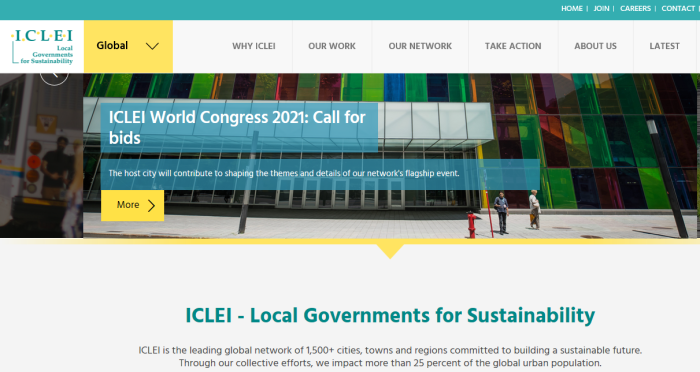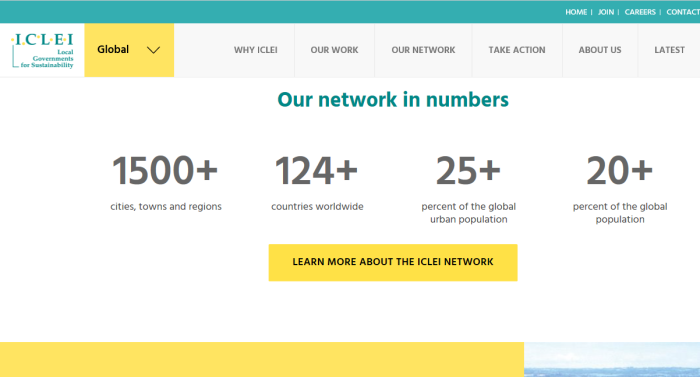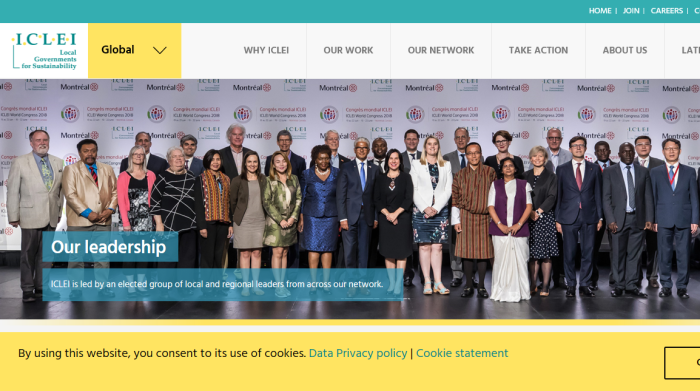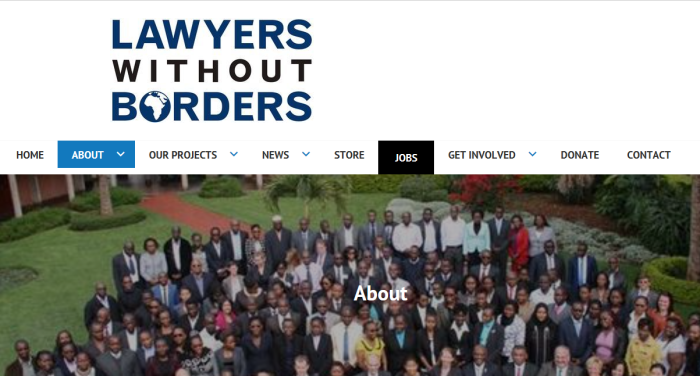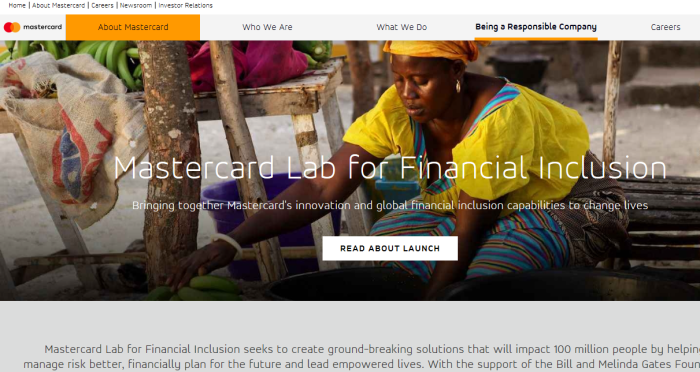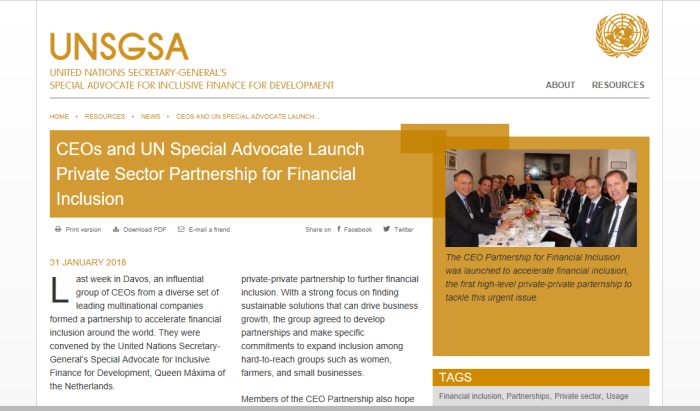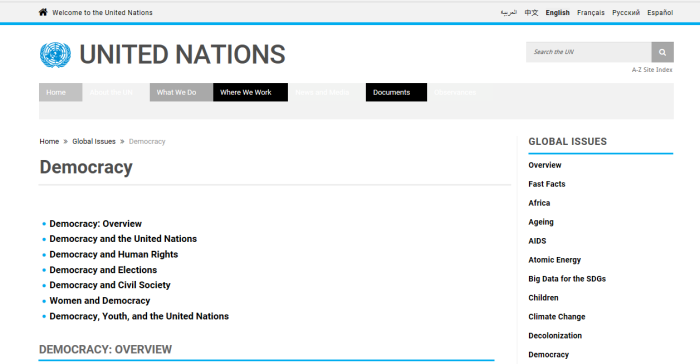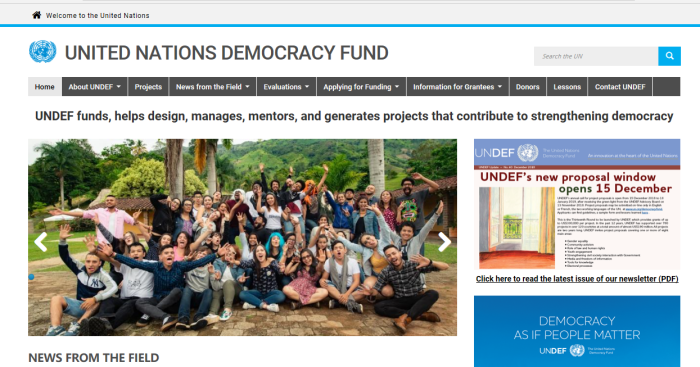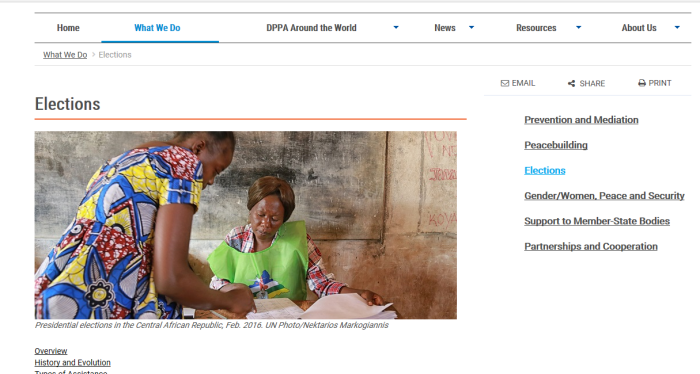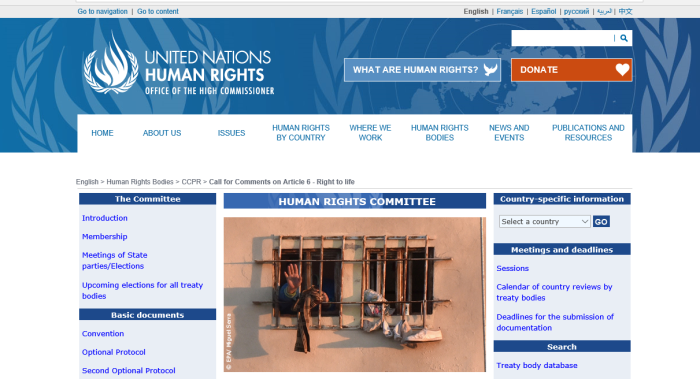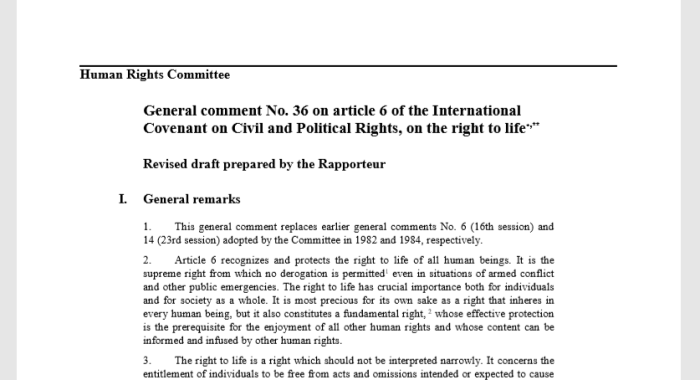

(Are we Canadians? Or are we a puppet state of the United Nations?)
Here is the list on what exactly the UN gets its tentacles into. Read through the list, and make your own decisions.
(1) UN Global Migration Compact
Let’s import 258 million people into West. Forget language, culture, religion, customs, security or health and safety. And of course, taxpayers should foot the bill
CLICK HERE, for the Globalist Compact.
CLICK HERE, for 1 of the reviews.
(2) UN Paris Accord
Never mind that carbon dioxide is caused by breathing. Let’s bankrupt our nation to fight “global warming”. Or is it climate change?
CLICK HERE, for the Paris Accord itself.
CLICK HERE, for a review of the Accord. In particular, review Articles 2, 4, 9.
CLICK HERE, for more info on the scam.
(3) UN Parliamentary Assembly
Yes, the UN actually wants to create a world government. Imagine your nation’s interests being “democratically” outvoted. Death of nations.
CLICK HERE, for the proposed global gov’t
CLICK HERE, for “Mein Kampf” 2.0
CLICK HERE, for review of the proposal.
(4) Repatriating Terrorists
It doesn’t matter if a group wants to decapitate non-believers, and cause death and destruction. Remember: A Canadian is a Canadian is a Canadian.
CLICK HERE, for the UN supporting repatriation.
CLICK HERE, for citizenship for terrorists.
(5) UN Global Blasphemy Ban (2008)
If you value free speech, then a global ban on “Islamophobia”, also referred to a “religious defamation” ban, should be very concerning
CLICK HERE, for a non-binding global ban.
CLICK HERE, for a review of the idea.
CLICK HERE, for dishonest propaganda about “World Hijab Day”.
(6) Agenda 21 (June 1992)
Signed by “Conservative” Brian Mulroney, to funnel money into a vague open ended global development plan
CLICK HERE, for Agenda 21 plan.
CLICK HERE, for a brief review, although it doesn’t really do the 351 page document justice.
(7) Agenda 2030 (September 2015)
Signed by “Conservative” Stephen Harper, to keep funnelling money into a vague and open ended global development plan.
CLICK HERE, for Agenda 2030 text.
CLICK HERE, for the review.
(8) UN Global Citizenship Agenda
Get ready to have your children brainwashed and indoctrinated on a global scale. There are no nations, no values, cultures that are worth preserving. Remember students, we are all global citizens.
CLICK HERE, for global citizenship education
CLICK HERE, for opinion on the “education”
(9) UN Internet Governance
They call it “digital cooperation”, but this is a UN scheme to have global regulation over internet content. Not that it will ever be abused.
CLICK HERE, for so-called “digital cooperation”.
CLICK HERE, for response to this nonsense.
CLICK HERE, for Liberal Party of Canada endorsement of UN internet governance.
(9) UN Forum On Forests
Does your nation have plenty of forest areas? Don’t worry, the UN will take control of that too
CLICK HERE, for the forum on forests.
CLICK HERE, for the review.
(10) UN Urban Development Agenda
UN wants to regulate city development as well.
CLICK HERE, for UN Urban Development Agenda.
(11) UN Declaration On Rights of Indigenous Peoples
Ready for some virtue signalling about Indigenous rights? Want to have the UN promote the idea of parallel societies, and prevent any actual development? Check this out.
CLICK HERE, for the UN DRIP.
CLICK HERE, for virtue signalling from John Horgan, BC’s communist premier.
CLICK HERE, for a review of the declaration.
(12) UN Covenant Of Right To Life
UN believes that everyone has the right to life, except of course to unborn babies. Serial killers and rapists have rights, but the most vulnerable do not.
CLICK HERE, for the Covenant. See Paragraph 9 in particular.
CLICK HERE, for abortion for children.
(13) UN Gender Language Agenda
UN considers “language” to be very important, biological realities notwithstanding. Apparently misgendering someone is as horrific as honour killings or FGM.
CLICK HERE, for gender inclusive language.
CLICK HERE, for a review of the agenda.
(14) UN Democratic Agenda
UN decides that democracy is important. And just to show it, the UN also wants “its” version of democracy to be implemented.
CLICK HERE, for UN democracy agenda.
CLICK HERE, for review of the agenda.
(15) UN, MasterCard & “Financial Inclusion”
Every globalist plan needs a set system of financing. Also worth noting, globalism itself can be the means of “financing” an agenda, such as what Mastercard is pushing.
CLICK HERE, for the UN and Mastercard.
CLICK HERE, for “Mastercard is the final boss”.
(16) UN & Lawyers Without Borders
If lawyers (insert lawyer joke here) weren’t bad enough, the UN sends them to other countries around the world. Keep in mind, they don’t represent or defend clients. Instead, they act as consultants, mainly for the UN and other globalist organizations.
CLICK HERE, for Lawyers Without Borders site.
CLICK HERE, for a review of the organization.
(17) UN and Sexual Exploitation
This writes itself. The UN takes sexual abuse and sexual exploitation seriously, especially in the case of children. Sounds lovely, if not so hypocritical.
CLICK HERE, for the UN discussing the issue.
CLICK HERE, for more information.
(18) ICELI Sustainability For Local Govts
Consider them globalist-in-training. Getting cities to adopt (for all practical purposes) UN agendas. Over 1500+ so far have submitted to UN agenda.
CLICK HERE, for ICLEI main page.
CLICK HERE, for review of ICLEI.
(19) UN Promoting Replacement Migration Across 1st World
The UN believes that falling birthrates across the developed world can be solved by importing large numbers of migrants, aka “replacement migration”. Nations like Hungary, however, would rather spend the money to boost their own populations.
CLICK HERE, for the Hungarian/UN contrast
CLICK HERE, for UN policy directives on “replacement migration”.
Anyone disagree with the conclusion?
(20) World Economic Forum
This Switzerland based forum endorses globalist business practices in the name of ever expanding growth and trade. To seem “righteous”, however, all sorts of SJW/NPC themes are thrown in everywhere. WEF makes its policies appear to be “moral and humane” practices
CLICK HERE, for the World Economic Forum.
CLICK HERE, for a brief review of WEF, and overall impressions.
(21) UN Data Hub
Think your government respects your privacy? Think your data won’t be shared globally by those seeking to create a one-world order? That’s both cute, and naïve. Data mining and contrasting is all the rage in trying to implement Agenda 2030.
CLICK HERE, for UN SDG Data Hub.
CLICK HERE, for response and info on data hub.
(22) UN Principles For Responsible Investment (& ESG)
Watch credit ratings agencies and major investors crawl into bed with globalist virtue signalling. Goodbye to independent and impartial investment advice and decisions.
CLICK HERE, for UN PRI/ESG Agenda
CLICK HERE, for review to these ideas.
(23) UN Security Council, Legalised Aggression
An elite group of 15 nations sits around the table deciding which conflicts are worth supporting, and which side to support. Permanent 5: US, Russia, China, UK, France have veto power to sabotage any resolution.
CLICK HERE, for link to the UNSC website.
CLICK HERE, for a review on the Security Council.
(24) CPP Being Invested In Offshore Globalist Ventures
You work hard for your pension, but do you actually think it will be there for you when you retire? Stop being so selfish and invest in risky, speculative projects overseas.
CLICK HERE, for link to the UNSC website.
CLICK HERE, for a review on CPP Mumbai venture.
(25) New Development Finance, Predatory Lending
The Western World is bled dry for these so-called “climate change” initiatives. Money we borrow is then transferred to the 3rd world. But in an evil bait-and-switch, the money is “loaned” to nations that have little to no prospect of ever paying it back. Debt is “forgiven” when sovereignty is transferred.
CLICK HERE, for New Development Finance (178 Pages).
CLICK HERE, for the New Development Financing Agenda.
CLICK HERE, for the New Development Financing, the bait-and-switch.
(26) UN Convention On Preventing/Punishing Genocide
The following are illegal:
(a) Trying to wipe out a group,
(b) Waging lawfare against them,
(c) Trying to reduce their births so they go extinct.
These things are considered genocide, “except” when multiculturalism is pushed on societies. Typically these are developed, Western nations.
CLICK HERE, for 1948 UN Convention Against Genocide.
CLICK HERE, for multiculturalism violates convention against genocide.
(27) UN Global Taxation Efforts
We are now into global taxation. All of these so-called humanitarian or environmental efforts are just attempts to tax people for globalist causes.
See “UN Taxation” on right side bar
CLICK HERE, for article on UN taxation.
WHAT IS THE SOLUTION?
See this article, from November 2018, promoting that idea.
LEAVE THE UN ENTIRELY
Like this:
Like Loading...
